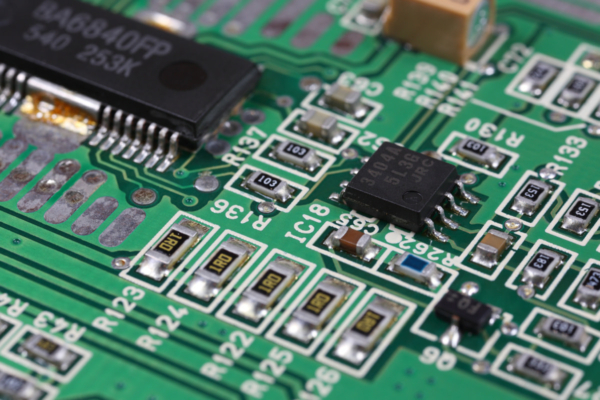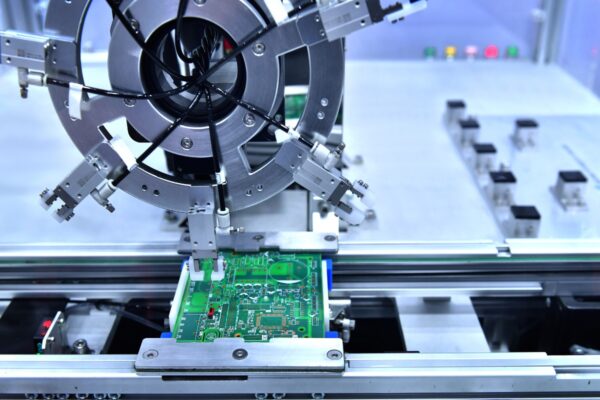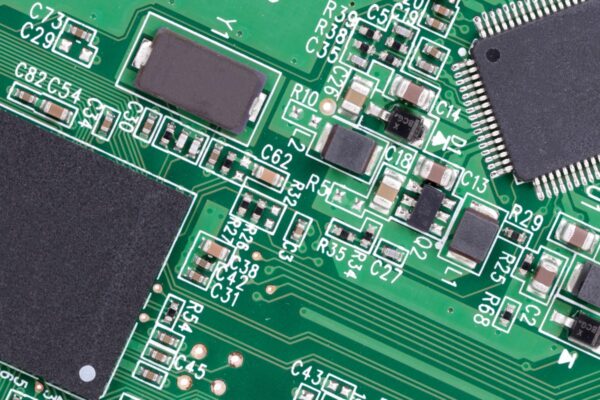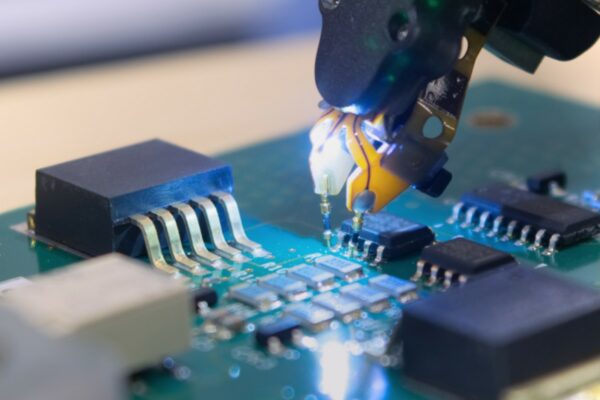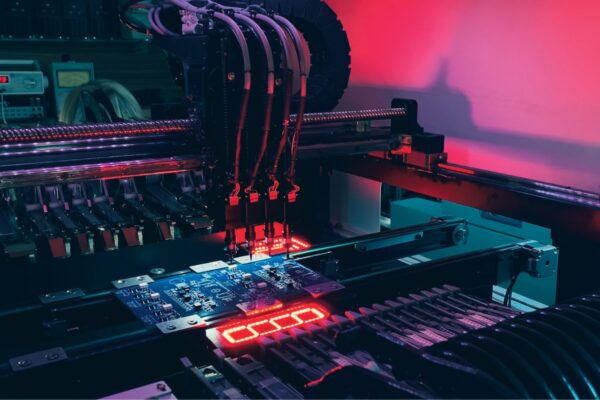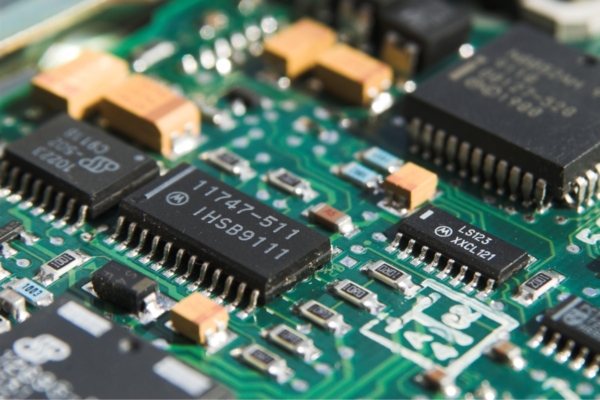What is Embedded
In the PCB industry, the term “embedded” refers to the process of integrating components directly into the layers of a printed circuit board. Unlike traditional surface mount technology (SMT), where components are mounted on the surface of the PCB, embedded components are buried within the PCB itself.
The purpose of embedding components is to accommodate a larger number of passive and active devices in smaller devices, where the available surface mounting area is insufficient. By embedding components, PCB manufacturers can increase the functionality and performance of the PCB.
The design process for embedded PCBs is crucial and involves several stages. Manufacturers employ different strategies based on the available components and their connectors. The goal is to ensure that the embedded components are properly integrated into the PCB layers, optimizing the overall functionality of the PCB.
Embedded PCBs typically feature a higher number of capacitors and resistors compared to SMT components. This is because embedding components allows for the accommodation of a greater number of passive and active devices, resulting in enhanced performance and functionality.
One significant advantage of using embedded PCBs is the reduction of surface electromagnetic interference (EMI). By embedding components, the PCB can minimize the emission and susceptibility to electromagnetic interference, leading to improved signal integrity and reliability.
Additionally, embedded PCBs offer the benefit of reducing inductive reactance. Inductive reactance refers to the opposition that an inductor presents to alternating current due to its inductance. By embedding components, the length of the traces and the associated inductive reactance can be reduced, resulting in improved electrical performance.
